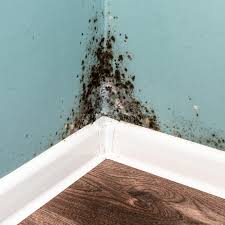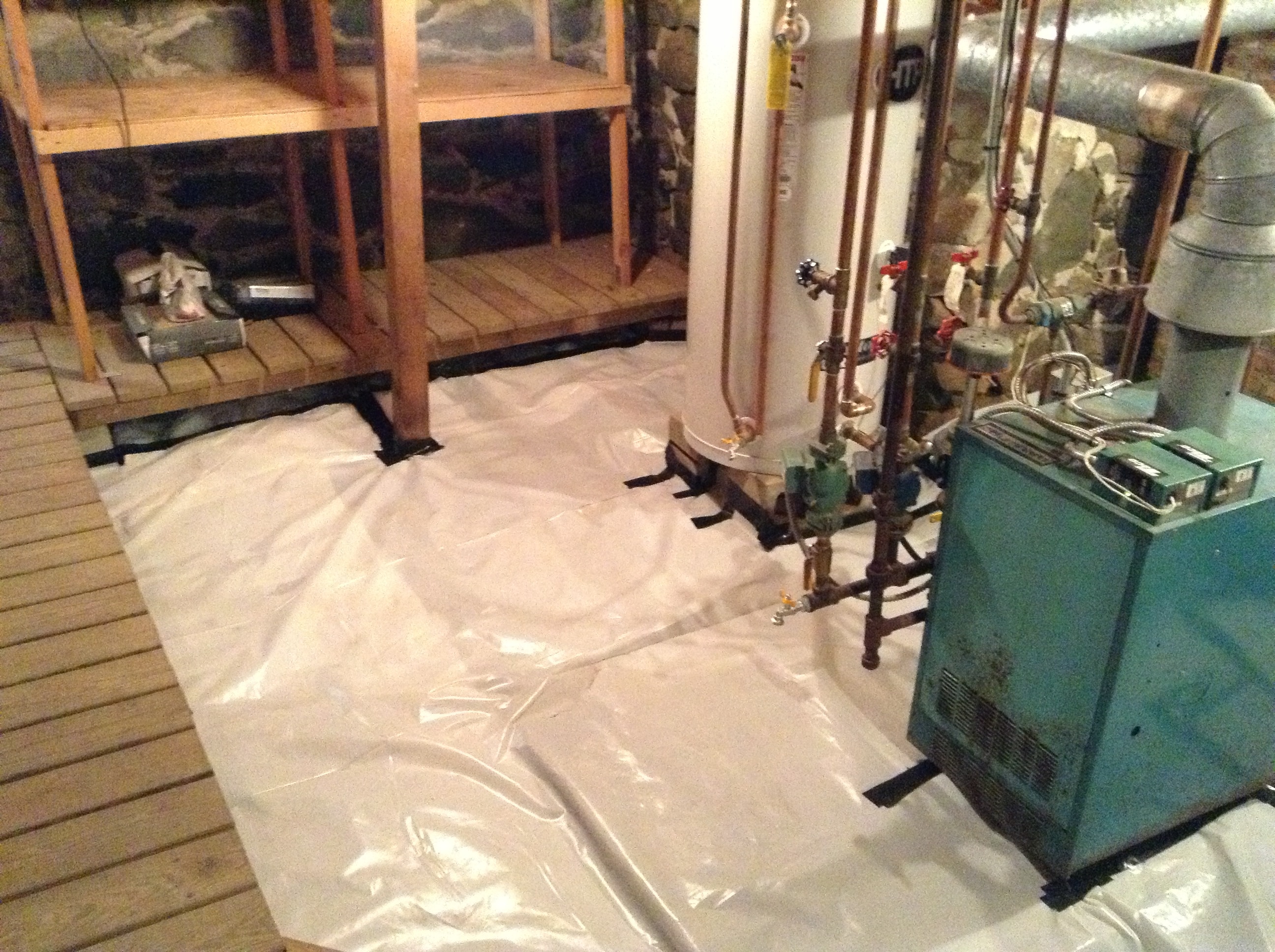Could You Have Mold in the Winter?

The short answer is, yes, the long answer is the winter months are one of the best times of the year for molds to grow and expand. You have closed up your home and turned on the heat; and with all of the latest energy efficiencies we have today, our homes become too tightly sealed. This can trap moisture and raise humidity levels.
It’s cold outside this time of year, so you turn your heat on and close all the doors and windows. Turning up our thermostats creates warmer air that is often unable to escape; and if your home’s indoor environment is too tightly insulated, the likelihood of mold or mildew growth in winter months dramatically climbs. During the winter months, homes without proper ventilation and insulation or homes that have poor ventilation and too much insulation can have ice dams form. Ice dams can lead to costly damage to your home, for more information on Ice Dams check out our article here.
So where should you look for mold during the winter? Commonly mold is found on the exterior of drywall, sheet rock and other surfaces of rooms located in bends and corners of the home. The corner rooms are exposed to colder air than the adjoining rooms and if the humidity in your home is too high it can create the perfect environment to grow mold. To help prevent mold growth in the winter keep the humidity below 60%, 35-45% is the ideal humidity level.

If you have a crawl space under your house, cover the soil in the crawl space with waterproof polyethylene plastic. If your crawl space has vents, close the vents in the summer and keep them open in the winter. Next, make sure your clothes dryer is vented to the outdoors and replace cracked or defective mortar in basements. If you find your basement is wet or has water leaking into it, inspect the outside drainage systems. Double check the caulking on your windows is maintained to ensure proper insulation and to keep moisture out. Wipe down any water or condensation on your windows. If you have a lot of condensation, you should consider replacing your windows with more efficient ones.
Also set ceiling fans in reverse, running them at night will help increase air circulation near windows. This helps to prevent moist air from becoming stagnant and condensing on your windows. Consider getting a dehumidifier for your basement. The cool basement floor and walls can be a source of moisture build-up, and a dehumidifier will control the humidity level and make it harder for mold to start growing.
Since we spend 90% of our time indoors, it is important to understand that mold can still be an issue and can cause many health concerns. When it comes to the air you breathe, do not take chances. One of the most proactive steps you can take to having a healthy home is to invest in a healthy home inspection. This is an inspection that looks at specific areas and systems in your home that impact your health; a healthy home inspection should also include indoor air quality tests. If you think you may have mold or indoor air quality concerns, call the professionals at Aspen Environmental Services (978)681-5023 or use the contact form below.

